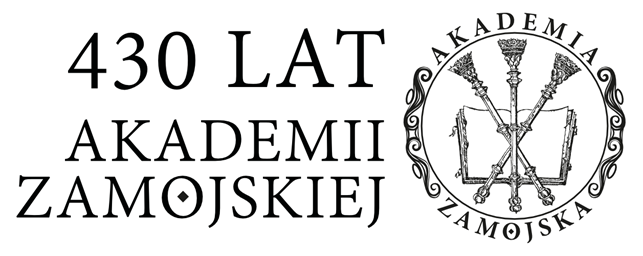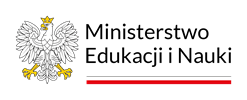Connections of Antoni Patek with the Resurrectionists
Abstract
Antoni Patek was born in 1812 in the region of Lublin. Being a soldier, he took part in the November Uprising. Following its fall, he went into exile. In 1835, after long travels, Patek eventually settled in Switzerland (Versoix, near Geneva). There he became acquainted with another emigrant of the November Uprising, the watchmaker Franciszek Czapek. In 1839 Patek and Czapek established a watch manufactory, Patek, Czapek et Cie. The company focused primarily on supplying Polish customers. Therefore, watches signed with the names of Patek and Czapek were decorated with images of Polish kings and princes, portraits of national heroes, and religious motifs. In 1845, Patek terminated his collaboration with Czapek. However, soon after, he partnered with two new associates, Adrien Philippe - a watchmaker and one of the inventors of the keyless winding mechanism - and a compatriot with considerable financial resources, Wincenty Gostkowski. Over time, the customer circle of Patek's manufacture expanded. Besides Poles engaged in patriotic activities, watches were also purchased by politicians, heads of state, stage stars of the era and businessmen. One of the watches produced by the Patek manufacture is now in the collection of the Congregation of the Resurrection’s Museum. According to the materials preserved to this day, this watch belonged to Father Piotr Semenenko. Patek became acquainted with the Resurrectionists in the 1830s, thanks to Walery Wielogłowski, secretary and one of the closest companions of the congregation's founder, Father Bogdan Jański. In 1839, Wielogłowski went to Geneva to persuade his cousin Ludwik Popiel to provide financial support for Father Janski's enterprise, which was falling into increasing financial difficulties. There he met Patek who, as a devout Catholic, quickly fell for the evangelization of his new friend. Antoni Patek immediately became a faithful benefactor and friend of the founding fathers of the congregation. Confirmation of their friendship is provided by the collection of correspondence they have preserved to this day. These letters are, on the one hand, an interesting testimony to Antoni Patek's faith. On the other, they confirm once again the commitment they made to helping compatriots in need. The case of a certain Kazimierz Kisielewski can serve as an example.
Keywords:
Antoni Patek, Patek Philippe & Cie, Resurrectionists, watchmaking, the Resurrectionist Congregation, Hieronim Kajsiewicz, SwitzerlandDetails
References
Statistics
Authors
Citation rules
Licence

This work is licensed under a Creative Commons Attribution-NonCommercial-NoDerivatives 4.0 International License.


 Język Polski
Język Polski
 English
English
 Italiano
Italiano

